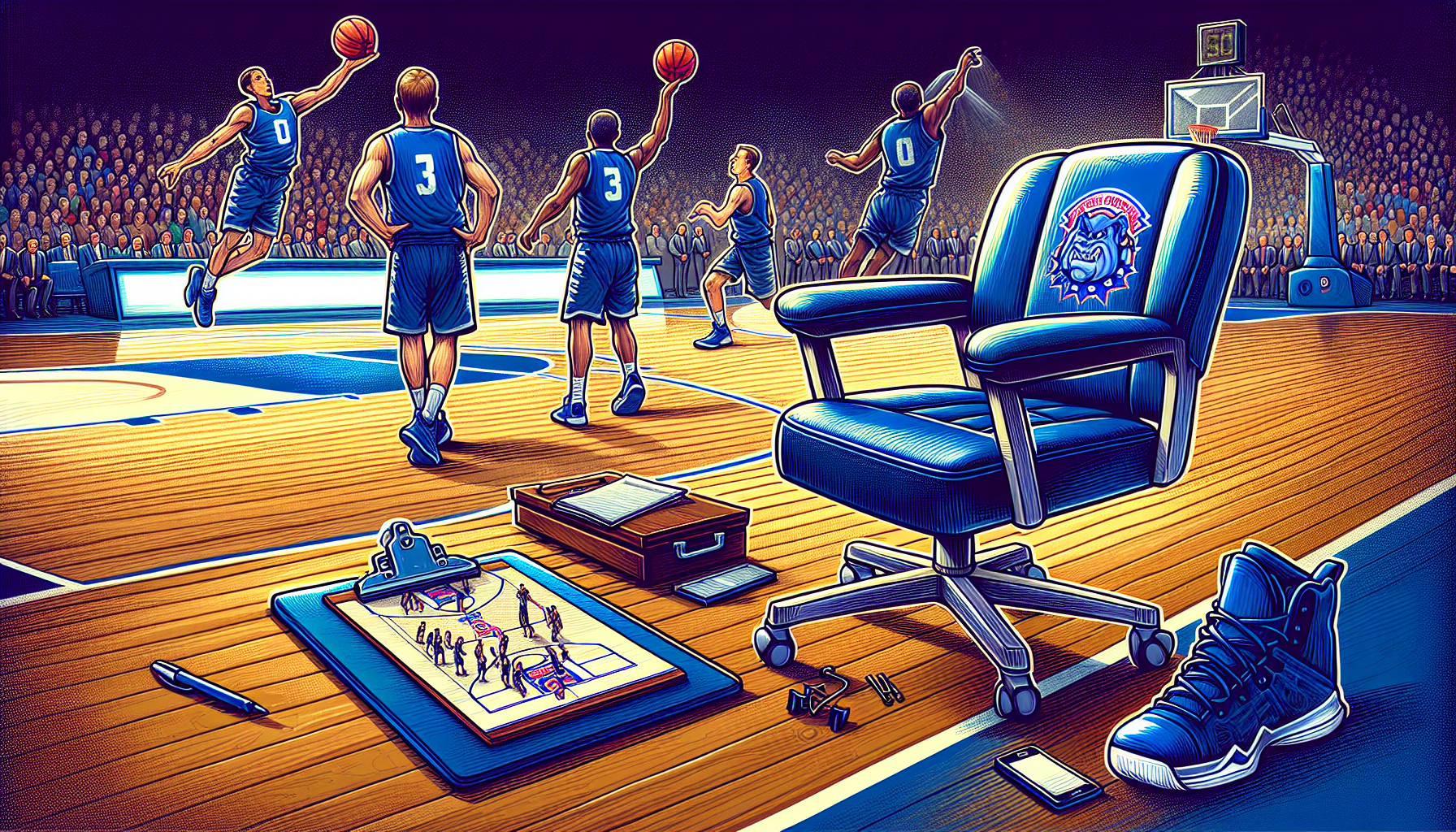In a significant development in the world of college basketball, Tony Bennett, the revered coach of the University of Virginia (UVA), has announced his retirement. As the sport continues to evolve in multiple dimensions, Bennett’s departure marks the end of an era characterized by steadfast coaching philosophies and strategic excellence. In this article, we delve into Bennett’s illustrious career, the impact of his retirement, and what it means for the future of college basketball as the landscape shifts.
The Profound Legacy of Tony Bennett
Tony Bennett’s name is synonymous with outstanding defensive strategies and cultivating a winning culture at UVA. During his tenure, Bennett achieved remarkable feats, including leading the Cavaliers to their first NCAA National Championship in 2019. He is recognized for his disciplined approach, emphasizing patience and precision on the court.
Under Bennett’s leadership:
An advocate of the “pack line” defense, Bennett’s philosophy has been studied and emulated widely across collegiate programs. His emphasis on defensive cohesion and accountability transformed UVA into a team that was not only challenging to beat but also a model of consistency.
The Changing Landscape of College Basketball
As Tony Bennett steps away from his coaching duties, the college basketball landscape undergoes significant transformations. From advancements in technology to more liberal transfer rules and new name, image, and likeness (NIL) regulations, the sport is entering a new era.
Key factors influencing these changes include:
These shifts suggest that the traditional methods of recruiting, training, and team management need to adapt to stay competitive. Bennett’s retirement acts as a catalyst for discussions about these changes and how they affect the foundations on which successful programs are built.
Impact of Bennett’s Retirement on UVA and Beyond
While Tony Bennett’s departure is deeply felt within the UVA community, it also presents an opportunity for the program to innovate under new leadership. There’s speculation about who will follow in Bennett’s footsteps, yet his legacy ensures that the commitment to excellence remains steadfast.
Potential impacts include:
Furthermore, Bennett’s retirement sparks broader discussions within the basketball community about the balance between maintaining traditional coaching philosophies and embracing the changes sweeping through the sport. As respected sports analyst ESPN noted, the necessity for programs to innovate or risk falling behind has never been more pressing.
Navigating the Future of College Basketball
As the course of college basketball shifts, programs like UVA face the challenge of adapting while honoring the traditions that have made them successful. Bennett’s influence isn’t just in the defensive plays he taught, but in a foundational culture of respect, discipline, and student-athlete development.
Strategies for navigating this evolving landscape:
Programs must now equip themselves to leverage new technologies and methodologies while retaining elements of traditional coaching wisdom. Such a fusion ensures competitiveness and relevance in an environment that is more dynamic and unpredictable than ever.
Conclusion: Looking Forward
Tony Bennett’s retirement marks a pivotal moment in college basketball, prompting reflection on his profound impact and an anticipation of the exciting, albeit uncertain, future. As basketball continues to redefine itself, the blend of old and new, tradition and innovation, offers a fertile ground for growth.
In the years to come, whether under emerging coaching talents or seasoned veterans adapting to change, the spirit of the game endures. College basketball, with its vibrant history and promising future, remains an enthralling spectacle as it navigates this transformative era.
As the adage goes, “The only constant is change,” and with leaders like Tony Bennett paving the way, the evolution of college basketball promises to be as strategic and exhilarating as the game itself. For more insights into the evolving dynamics of collegiate sports, visit NCAA.

